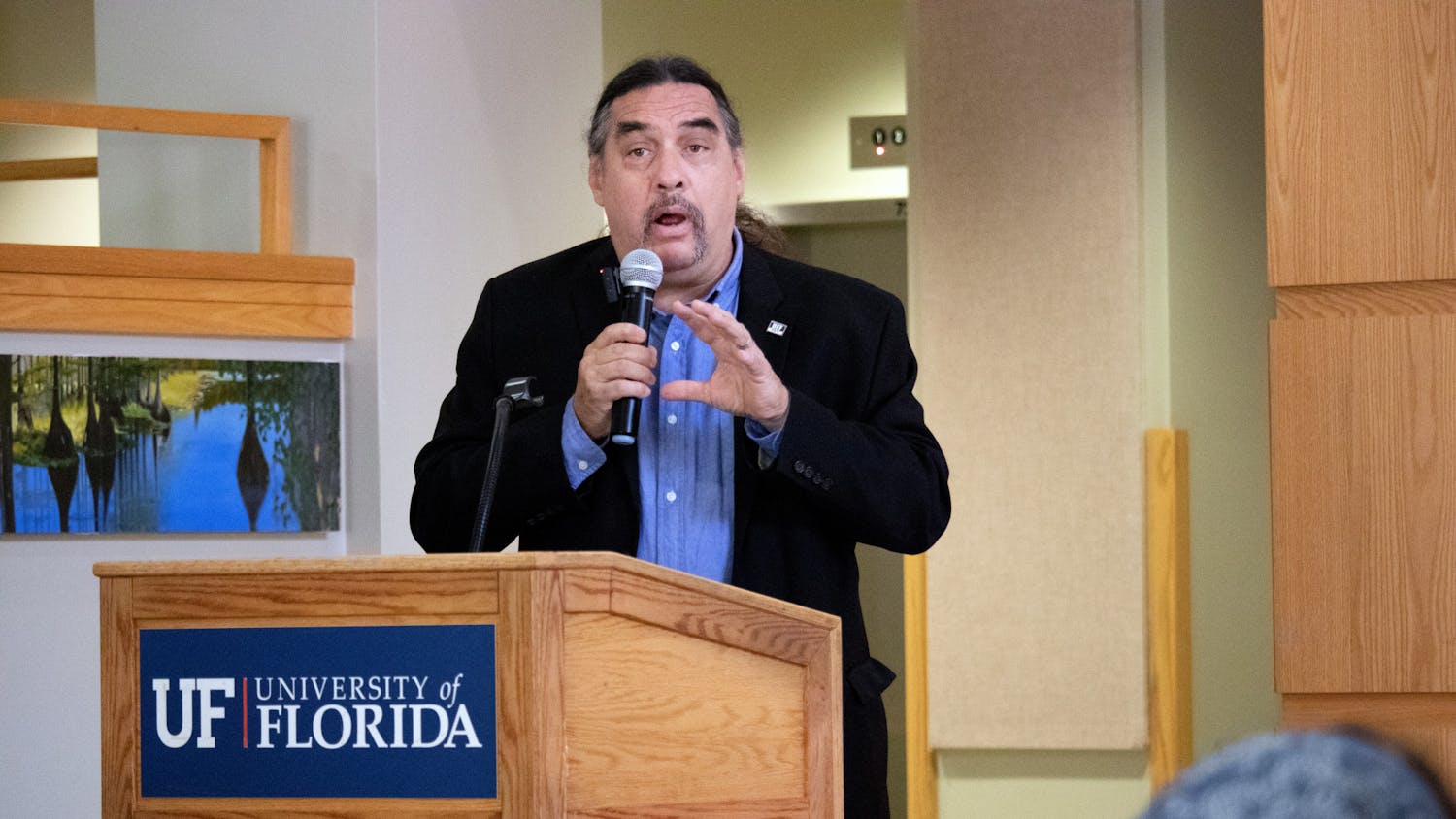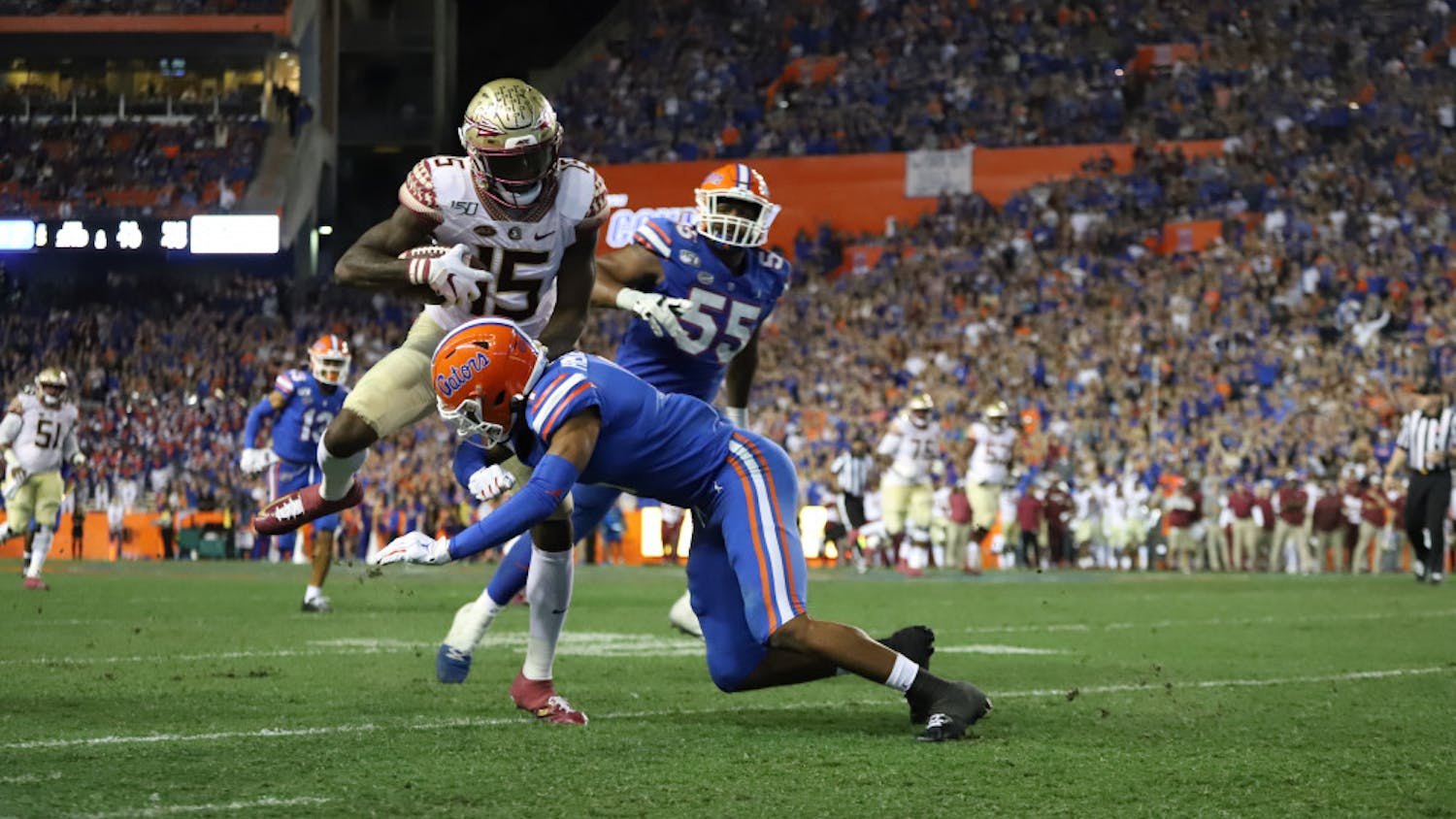As California scrambles to conserve water during a historic drought, one multinational company is continuing to take huge gulps of the state’s water for profit. Nestle Waters North America, a subsidiary of food and beverage company Nestle, has been tapping California’s groundwater to sell in plastic bottles for its Arrowhead and Pure Life brands.
Essentially, Nestle has been taking water from the state’s natural underground aquifers and selling it. In a time when Californians are facing emergency mandates to reduce water usage by 25 percent, it is appalling Nestle is still permitted to drill and sell this precious resource.
It would be easy to spend the rest of this column pointing fingers at Nestle — which, by the way, has a CEO who once said water is not a basic public right — but that would be ignoring the real problem. We should really be blaming a governmental system that failed to regulate and protect California’s natural resources.
Until recently, California had no existing laws that regulate how much water can be pumped from underground aquifers, which have been gradually drying up across the state.
Not only could California landowners drill as much groundwater as they wanted, but also they weren’t usually required to disclose the amount of water they were taking. Even when they did report the numbers, public access to the records is highly restricted. Recent laws that are intended to correct this issue may not even take effect until 2040.
Nestle easily benefits from this regulatory oversight. It has a longstanding partnership with the Morongo Band of Mission Indians and pumps water from underground wells on the tribe’s reservation. Basically, Nestle can take as much water as it can afford, even while California residents face water rationing.
This is pretty ridiculous considering the fact that groundwater provides almost 60 percent of the state’s water supply during a drought year. It is astounding state officials have done so little to preserve these valuable underground aquifers and instead have allowed a corporation to lay claim to them.
Nestle, the largest producer of bottled water in the country, used 705 million gallons of water from California last year. The company uses a California national forest as one of its water sources, and it is currently being investigated by the U.S. Forest Service for using an expired permit. The investigation would be promising news if it had actually occurred when the permit expired, which was in 1988.
It is disappointing and completely unacceptable that both Nestle and the forest officials ignored the expired permit for nearly three decades. By not renewing the permit, Nestle continued its operations without having to undergo an environmental review, which is incredibly important when you’re pumping water from a national forest. This responsibility should have been handled, yet officials are only now deciding to “investigate” the issue.
It is ultimately up to the people of California to convince their government to stand up for their resources, but it is time for all of us to think about how the bottled water industry affects our environment.
According to the National Resources Defense Council, more than half of all Americans drink bottled water, and about a third drink it regularly.
As consumers, we need to be wary of buying into such a wasteful and misleading industry that sells a product that has never been proven to be safer or purer than tap water.
This industry does not deserve to have unchecked access to our country’s water supply.
California’s water should remain with the people of California, not with a company that exploits the environment to sell glorified tap water.
States nationwide should learn from California’s mistakes and do more to protect this precious resource.
Water is the public’s right, not a corporation’s right.
Hopefully it will start to be treated that way.
Moriah Camenker is a UF public relations senior. Her column appears on Tuesdays.
[A version of this story ran on page 7 on 4/14/2015]





